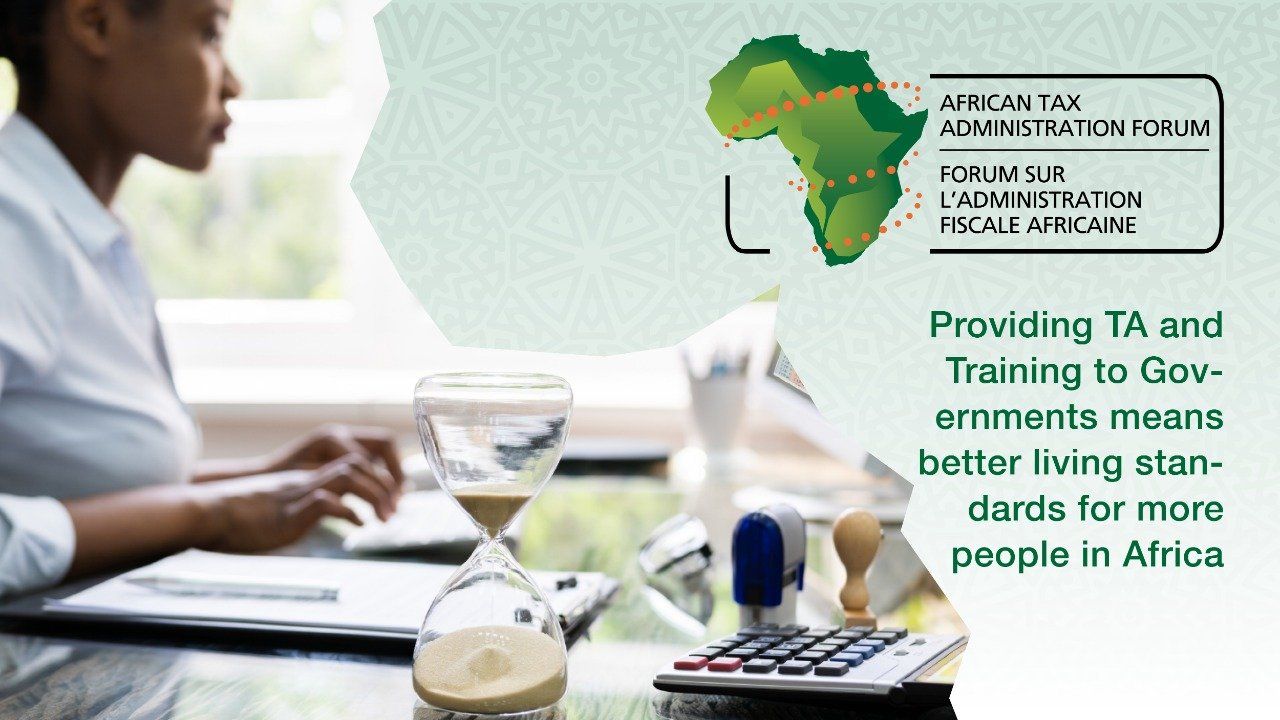Cross-border supply effects on VAT compliance in Africa's digital economy
ATAF helps African jurisdictions to improve revenue mobilization by sharing best practices on effective VAT administration for cross border supply in the digital economy.

PRETORIA – The development and growth of e-commerce in the globalised economy has enhanced the ability of businesses to scale to mass. This means that businesses are able to make supplies into multiple jurisdictions without the need to have a physical presence. This has presented an opportunity for entities within and outside Africa to have access to markets on the continent and beyond.
A recent study by the African Tax Administration Forum (ATAF) revealed that while e-commerce presents an economic opportunity for the continent, its Value-added tax (VAT) implications must be carefully appraised considering that the ability not to own inventory/assets or have physical nexus results in low or no visibility on e-commerce transactions by the tax administrations. Thus, VAT being a consumption tax charged on the supply of goods and services will be highly affected by the dynamics of e-commerce. The surge in imported digital services has led tax agencies to give greater attention to administering the VAT on imported services especially digital services. Additionally, as net importers or consumers of digital services, the implementation of an effective compliance regime presents African countries with an opportunity to improve revenue mobilization in a digitally evolving world.
To help African jurisdictions to address the opportunity and challenges, ATAF has published a technical paper to assist them in implementing the International VAT Guidelines as promulgated by the OECD. The International VAT Guideline provides a set of policy and administrative options founded on the destination principle and neutrality of VAT.
The objective of the ATAF technical paper and the International VAT guideline is to facilitate consistency in the rules implemented across jurisdictions to mitigate challenges of multijurisdictional compliance for businesses thus enhancing voluntary compliance. Further to the publication and workshops, ATAF in collaboration with the OECD and World Bank is producing a regional VAT Digital Toolkit for the effective implementation of a simplified VAT compliance regime for cross border supply in the digital economy. The toolkit will be published in the second half of 2022.
While the toolkit is being developed, ATAF is providing technical assistance (TA) to its members by sharing global best practices with consideration for peculiarities of VAT administration in Africa. The TA also involves peer to peer learning with African jurisdictions that have implemented the simplified regime in participation to share country experiences.
ATAF has provided technical assistance to Nigeria, Zimbabwe, Rwanda, and Ghana in the past year. More recently, the organisation provided assistance to the Uganda Revenue Authority (URA) and Ghana Revenue Authority (GRA) respectively with a specific focus on the policy, legislation and administrative considerations for the effective implementation of a VAT compliance regime for cross border supplies in the digital economy.
Giving opening remarks at the recent TAs, Ms Sameera Khan, ATAF’s Manager of Technical Assistance, noted that the revenue potential of the simplified compliance regime for cross border supplies has been evidenced by the revenue raised by African countries such as South Africa and Kenya that have implemented a regime consistent with the International VAT Guideline.
“We look forward to your country implementing a VAT compliance regime for cross border supplies that promotes voluntary compliance through simplicity and consistency.” She said.
Ms Khan highlighted that ATAFs peer to peer learning model of experience sharing enables African countries to find African solutions to African challenges whilst building expertise on the continent.
“As more countries start their journey on implementing such a compliance regime, it is inherent that we can provide resources that are cognizant of peculiarities of the continent and varying maturity of the VAT administration systems while facilitating optimal VAT revenue mobilization,” Ms Khan said.










